Iran calls for urgent international attention to Palestine amid Israel’s brutal aggression
Iran’s permanent ambassador to the United Nations has called for urgent international attention to the situation in Palestine as the Israeli regime presses ahead with its unrelenting aggression against Palestinians in the besieged Gaza Strip.
Amir Saeid Iravani made the remarks while addressing a UN Security Council meeting, themed “Maintenance of International Peace and Security: Contribution of Regional Mechanisms to Peace and Security,” in New York on Friday.
“The Palestinian situation demands urgent international attention,” Iravani said. “For decades, Palestinians have suffered occupation, aggression, discrimination, and apartheid policies by the Israeli regime.”
Israel’s brutal bombardment of Gaza began on October 7 in response to a surprise military operation by the Palestinian resistance movement Hamas, which itself was a response to intensified Israeli crimes against Palestinians in the occupied West Bank.
More than 4,000 Palestinians, mainly civilians, have been killed across the Gaza Strip as a result of Israeli bombardments. Nearly 13,500 have also been injured.
Earlier in the week, the occupying regime carried out fatal strikes on al-Ahli al-Arab Hospital and many mosques in Gaza, where people displaced by the Israeli aggression had sought sanctuary.
On Thursday, Israel bombed the Greek Orthodox Saint Porphyrius Church where many Christians and Muslims had taken refuge.
“Today, the international community is witnessing yet another horrific uptick in atrocities and collective punishment against the Palestinian people in the Gaza Strip by the Israeli regime, particularly the heinous terrorist attacks al-Ahli al-Arab Hospital,” the Iranian diplomat said.
“The deliberate targeting of a hospital, in clear violation of international humanitarian law, is nothing short of a war crime,” he maintained. “Equally, the indiscriminate killing of innocent People in Gaza, including women and children during the 14-day aerial bombardment, which devastated critical and civilian infrastructure, amounts to war crimes of the gravest nature.”
The Iranian ambassador further denounced the Israeli aggression against Palestinians as genocide and called on the world body to take urgent action to end the tragedy in Gaza.
“We are very disappointed by the council’s inability to adopt a basic resolution calling for an immediate ceasefire and addressing the catastrophic humanitarian situation in Palestine,” he said.
“We urge the United Nations and the Security Council to take urgent action to put an end to the unfolding tragedy, which amounts to genocide, crime against humanity, and war crime. After seven decades of inertia, the Security Council must now shoulder its responsibility and take decisive action to address the ongoing plight of the Palestinian people,” he added.
‘Full JCPOA implementation still possible’
Elsewhere in his address, Iravani pointed to the illegal withdrawal of the United States from the 2015 Iran nuclear deal, also known as the Joint Comprehensive Plan of Action (JCPOA), saying Iran’s proactive engagement in diplomatic efforts is a testament to the country’s unwavering commitment to revive the deal.
He said the US pullout, accompanied by subsequent actions by the three European signatories to the JCPOA, violated the deal and created a fundamental challenge to it.
“This challenge sadly endured due to the Western parties’ excessive demands and the introduction of unrelated issues. However, the return to full implementation of the agreement is still possible if the United States and E3 demonstrate responsibility and a pragmatic approach,” he added.
Iravani also announced that, as of two days ago, all remaining restrictions on missile activities, the export and import of weapons, and financial transactions involving certain Iranian individuals and entities have been completely terminated and are no longer subject to any Security Council restrictions.
“We trust that member states will diligently fulfill their commitments under Article 25 of the UN Charter and honor the termination of restrictions as laid out in Resolution 2231,” he noted.
Last month, the three European signatories to the JCPOA -- the UK, Germany, and France -- said they plan not to terminate their anti-Iran sanctions, including ballistic missile bans, claiming that Iran has not been in compliance with the deal since 2019.
Iran halted some of its JCPOA commitments in 2019, a year after the US unilaterally walked out of the deal and after the EU failed to offer any compensation for the US withdrawal.
At the time, the Islamic Republic said the reduction of its commitments was in accordance with the deal, which allows parties to reduce commitments should other parties do the same.
Iran strongly present in 'dangerous waterways' infested with threats, terrorist attacks: Navy
VIDEO | Israeli strikes kill over 30 in Lebanon’s capital as carnage continues
VIDEO | Four Pakistan security forces killed as capital stormed by ex-PM Imran Khan supporters
Iran’s indigenous capacities for self-sustenance vs. sanctions
Iran's response to Israeli aggression 'beyond imagination', warns top general
Scabies outbreak: Palestinian prisoners infected amid Israel’s deliberate medical negligence
VIDEO | Trump's super Zionist picks
Israeli forces intensify raids, demolition campaign in West Bank amid clashes


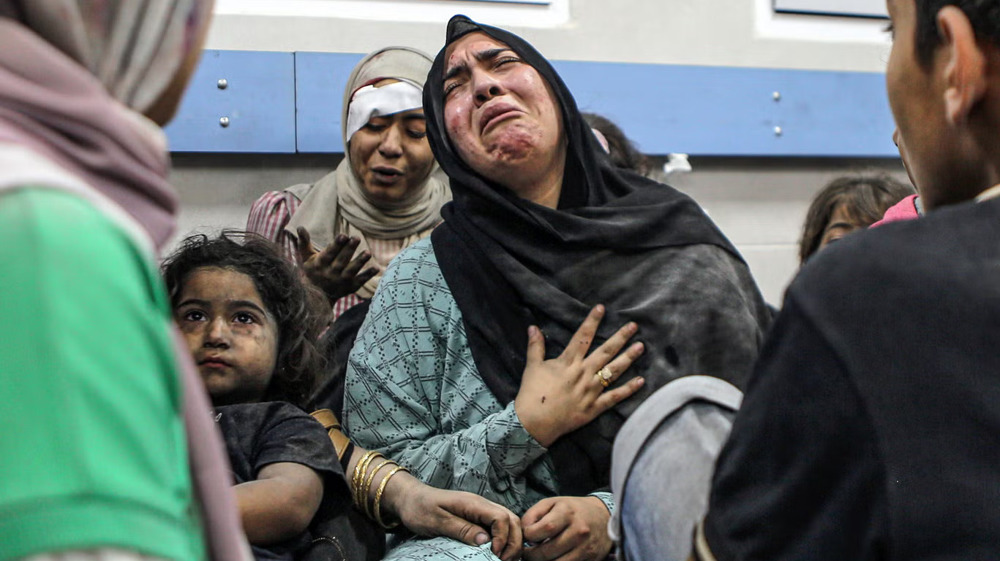
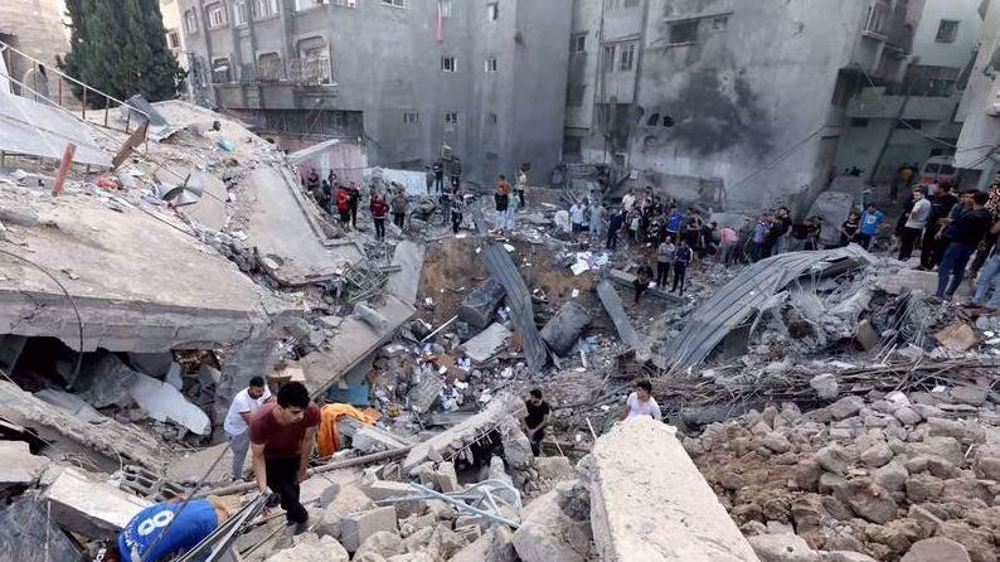
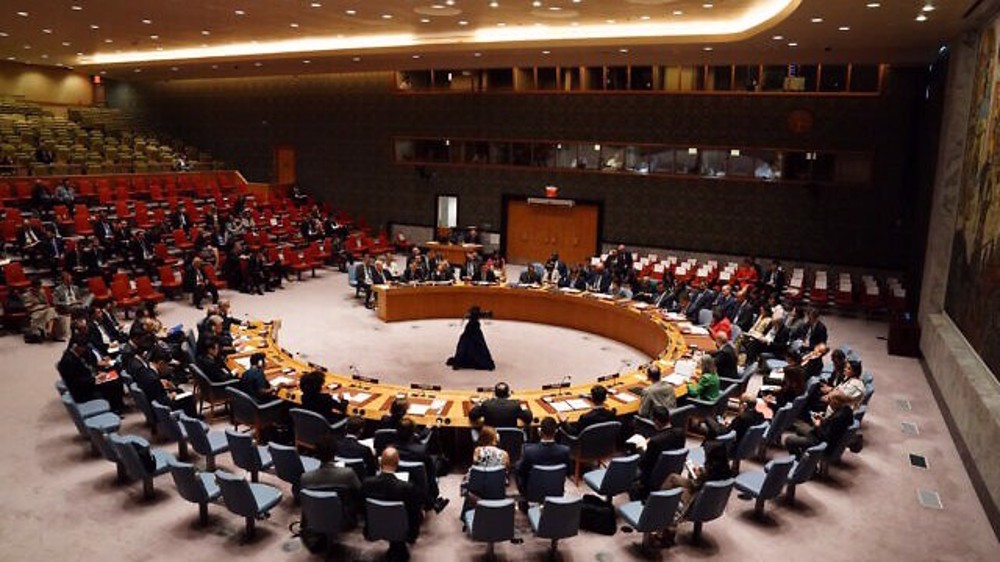
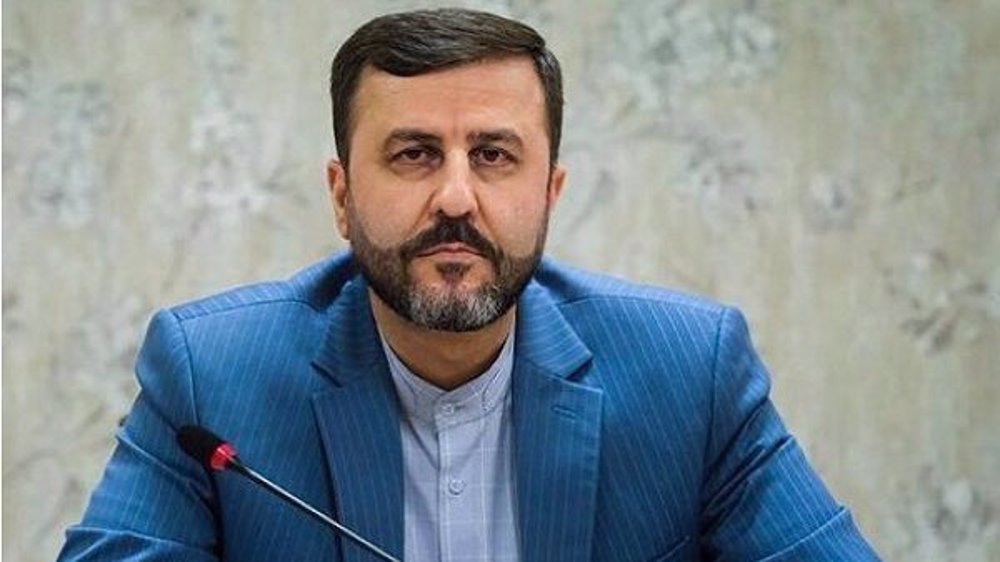
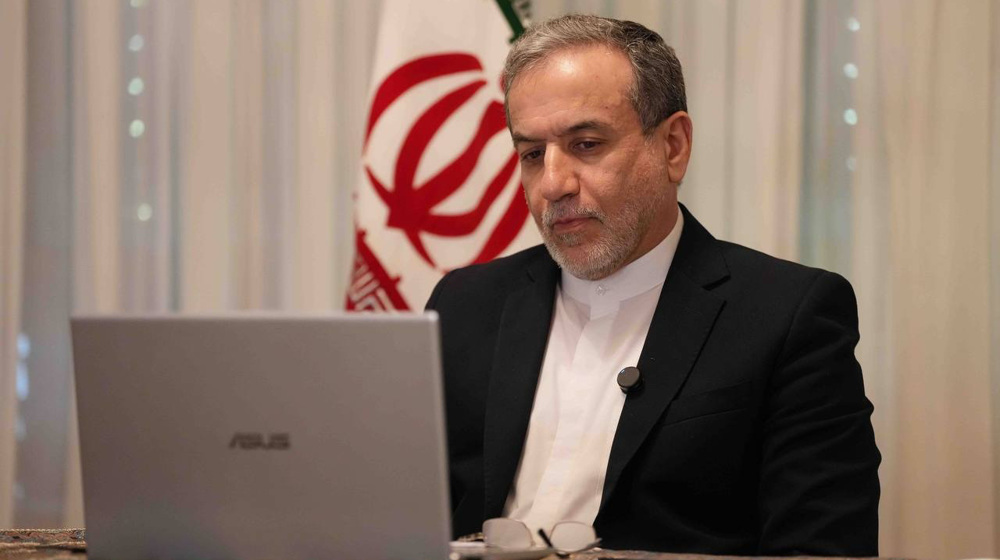
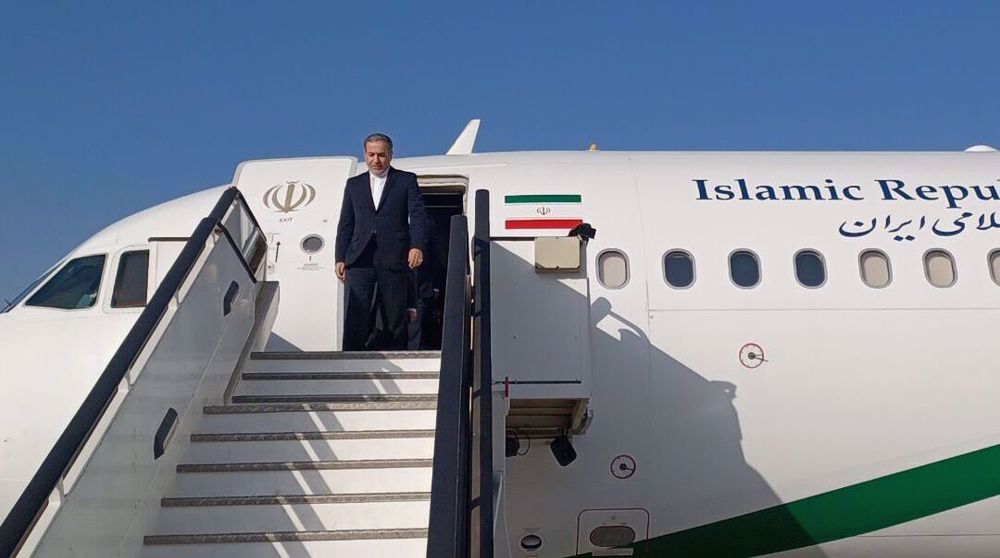




 This makes it easy to access the Press TV website
This makes it easy to access the Press TV website